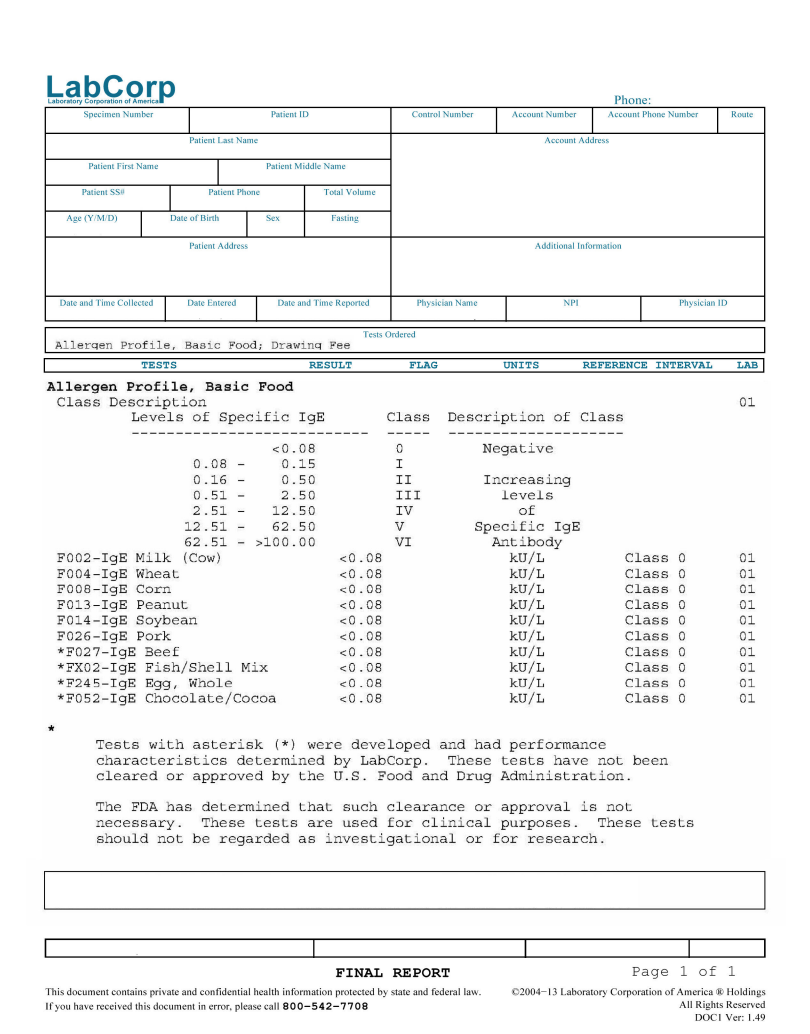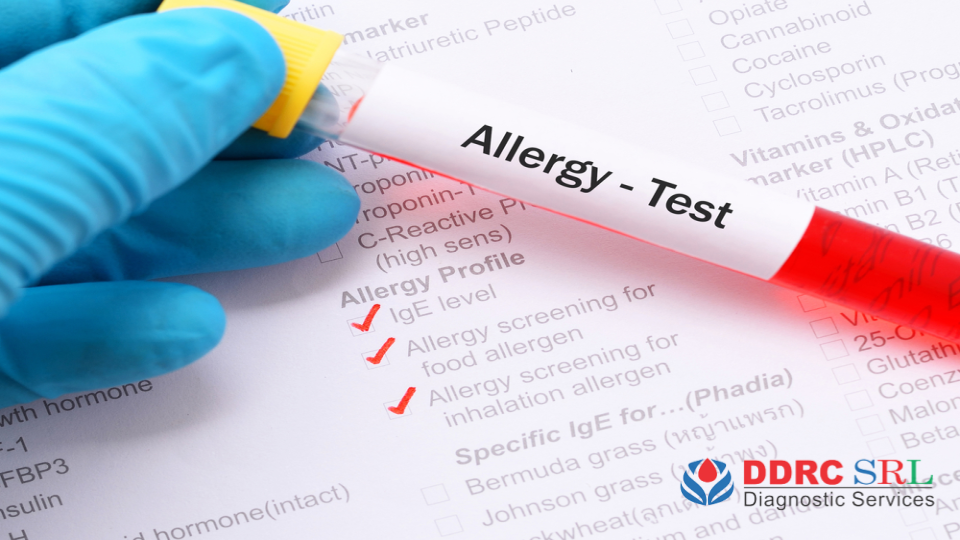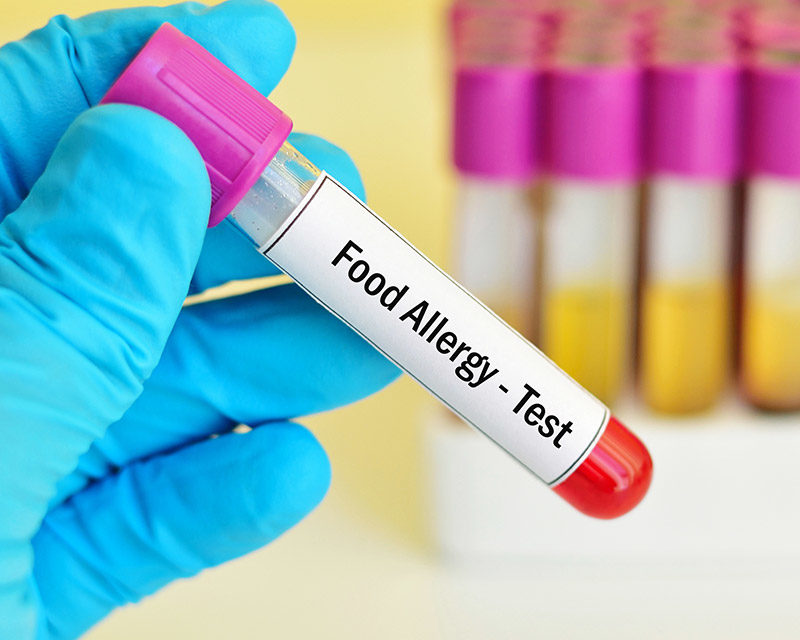This test does not screen for actual food allergies which can cause dangerous symptoms such as swelling of the face and lips or difficulty breathing but is intended to help guide you in an elimination diet.
Food allergy blood test panel cost.
They are also.
This is especially true if symptoms are recurrent and appear to be tied to triggers such as exposures to particular foods or environments and if.
Allergies respiratory infections and asthma often present with similar symptoms.
A test that claims to be able to diagnose food sensitivities and is commonly available is the food igg test.
The allergen specific ige antibody test is a blood test used to help diagnose an allergy to a specific substance or substances for a person who presents with acute or chronic allergy like symptoms.
Food allergies and food sensitivities are abnormal responses to a food component triggered by the immune system in the form of immunoglobulins ige igg iga representing either an immediate or delayed response.
Available allergy tests food allergy and sensitivity panels.
For a patient not covered by health insurance an allergy test typically costs 150 to 300 for a consultation with an allergist plus 60 to 300 total 3 to 5 per allergen for the much more commonly used skin prick test or 200 to 1 000 total 10 to 20 per allergen for a blood test known as a rast test.
The everlywell food sensitivity test looks for intolerances to 96 different foods at an affordable price about 159.
Ige short for immunoglobulin e is the antibody that triggers food allergy symptoms in the past these tests were called rasts which stands for radioallergosorbent tests because they used radioactivity but modern tests do not.
Blood tests measure the presence of ige antibodies to specific foods.
This test offered by various companies reports igg levels to multiple foods usually 90 to 100 foods with a single panel test claiming that removal of foods with high igg levels can lead to improvement in multiple symptoms.
Allergy testing usually is covered by health insurance.
This test was banned by several states in 1985 due to problems with its accuracy 4 8 since then.
According to food allergy research education fare 50 60 percent of blood and skin prick tests will yield some false positives for food allergies meaning the test will show that a.









